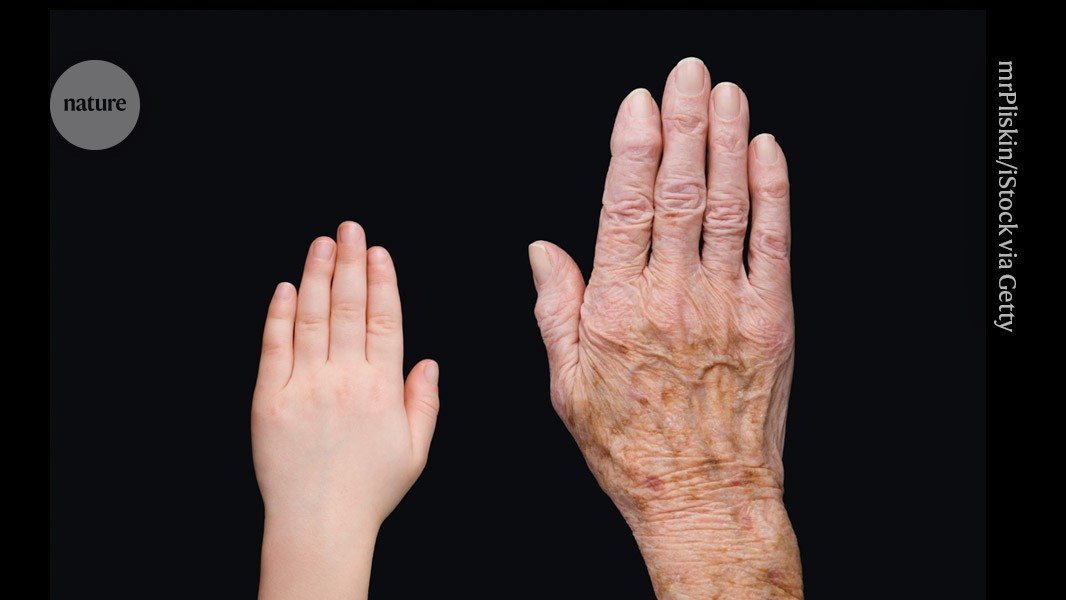What is ageing? Even the field’s researchers can’t agree

Survey of scientists who study ageing finds no consensus on the fundamentals

When ageing begins is one of many questions researchers cannot agree on.Credit: mrPliskin/iStock via Getty
Researchers studying ageing disagree on just about everything — including what ageing is, whether it is a disease and when it starts — according to a survey of about 100 scientists working in the field.
A key goal of ageing research is to help people live longer, healthier lives. But the exact causes of ageing, as well as effective approaches to slow or reverse it, remain elusive. For the field to tackle these challenges, researchers need to speak a common language, says Alan Cohen, who studies ageing at Columbia University in New York City. “There doesn’t have to be perfect consensus, but we need to sort things out quite a bit,” he says.
Vadim Gladyshev, another researcher in the field who is based at Harvard Medical School in Boston, Massachusetts, and his colleagues agree. They decided to survey participants at an international conference on ageing in Newry, Maine, in 2022, to better understand the views of those researching the topic. Respondents included early-career researchers, established scientists and industry professionals. The results are described in PNAS Nexus today1.
Most researchers are clear in their own minds about what ageing is — but their perspectives don’t align with those of others, says Gladyshev. “People joke in the field that there are more theories than people.” Despite this, Gladyshev says he was surprised by the scale of the problem.
The latest results reflect those of a similar survey of 37 researchers conducted in 2019 by Cohen and his colleagues2. Now “it’s unquestionably clear that there’s a huge disagreement”, says Cohen.
What is ageing?
When asked to describe ageing, one-third of respondents considered it to be a loss of function over time, from declines at the cellular level to a decrease in overall health and fitness. Others saw ageing as a gradual accumulation of deleterious changes. Not all respondents associated ageing with negative connotations, with some seeing it as a change in state — reversible or otherwise — or a continuation of development. And others approached the subject from a demographic standpoint, describing ageing simply as an increased chance of dying.
A question about the causes of ageing also elicited a broad range of responses, from the build-up of damage to evolutionary constraints, and from changes to the regulatory system to a deterioration in repair mechanisms. A few admitted they did not know what underlies ageing.
Researchers also disagree on whether ageing is a disease. More than one-third of respondents said it is, another 38% said it isn’t and the remaining 28% were neutral. Cohen doesn’t favour describing ageing as a disease because it implies that it is something that needs to be eliminated, although many researchers in the field are, to some extent, working towards this goal.
For Gladyshev, the answer to the question is more complicated. “Ageing is not a disease, but it is also not not a disease,” he says. He sees many diseases as essentially accelerated ageing taking place in specific organs or in the body as a whole.
When does ageing start?
Respondents generally said that ageing starts early in life, but they couldn’t agree on how early.
Some said the process begins before conception, when eggs and sperm are being produced. According to this theory , if your parents are older when you are conceived, you are already more advanced in your ageing, says Cohen. The problem with that view of when ageing starts, he says, is that it can go back in time forever. Cohen thinks that ageing starts from the point at which egg and sperm meet — at conception.
Others think that ageing starts on the day of birth. A few said it starts when puberty hits. Some consider that ageing begins only when the body stops developing, when a person reaches their twenties, or a few years later, when the body reaches peak performance, in the mid-twenties.
Ultimately, Gladyshev says, the vast diversity of responses reflects the many unknowns in the field. Gladyshev expects rapid advances in efforts to define ageing, including the development of biomarkers to track biological age. “It’s a time of opportunity.”
doi: https://doi.org/10.1038/d41586-024-03936-8
This story originally appeared on: Nature - Author:Smriti Mallapaty


















